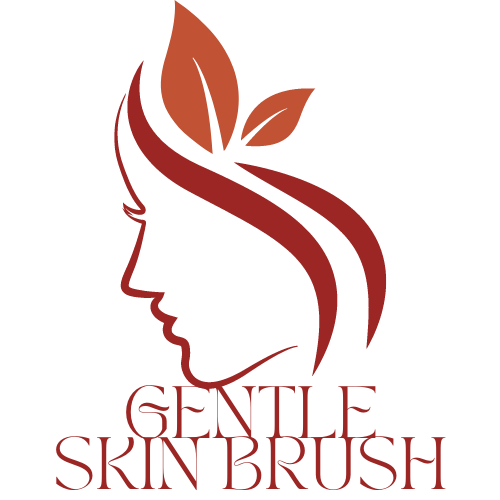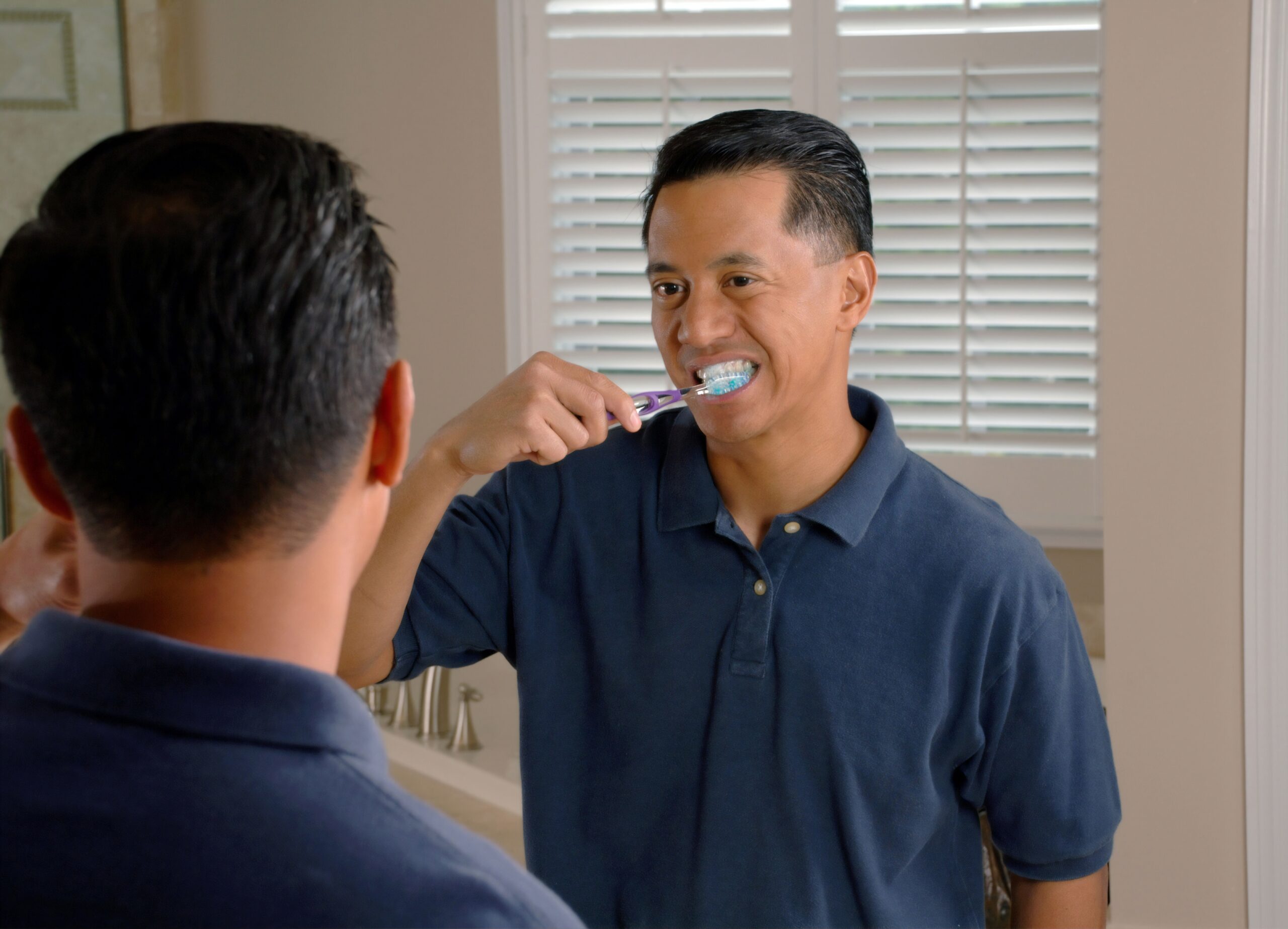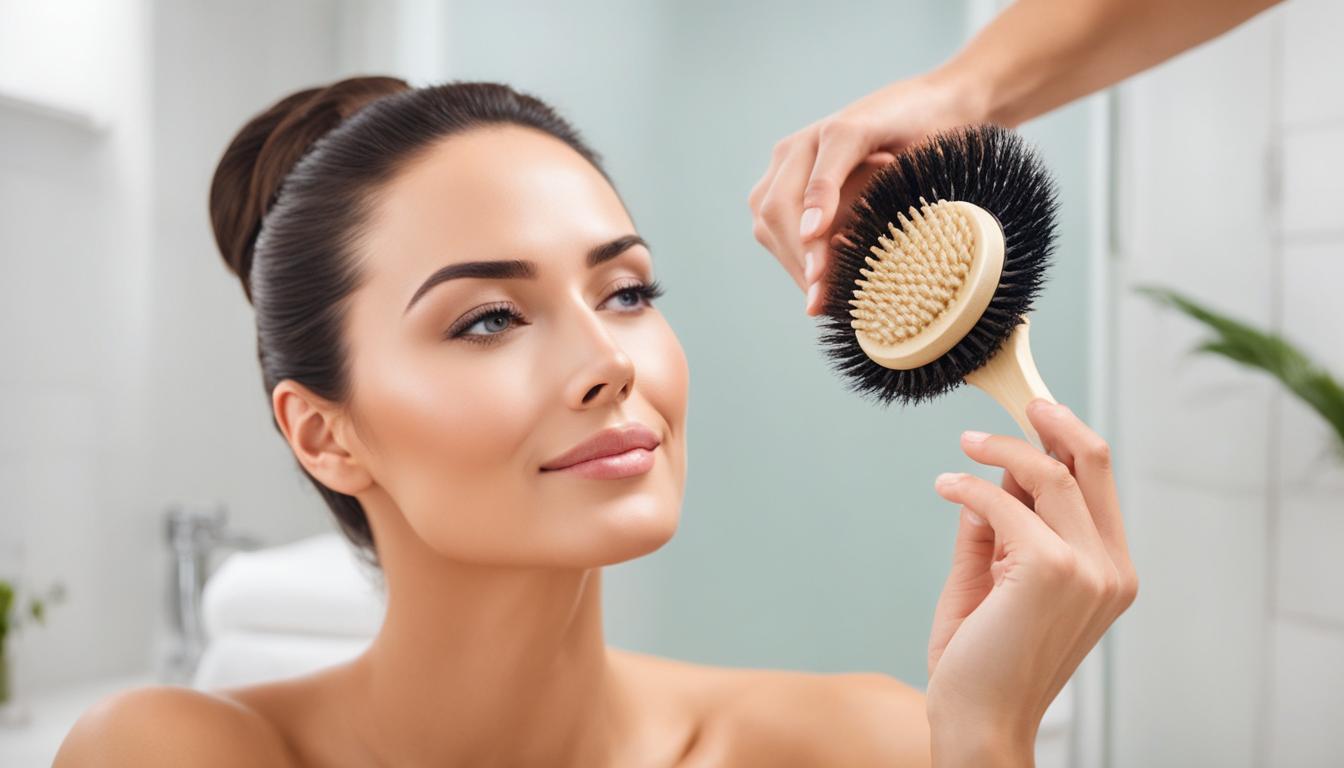Chipping a tooth can be a scary experience, and it’s natural to have concerns about how to properly care for it. One of the most common questions people ask is, “can you brush a chipped tooth?” The short answer is yes, but there are certain techniques you should use to avoid further damage.
In this section, we will provide expert advice and dental tips on how to properly care for a chipped tooth. By following these tips, you can maintain good oral hygiene, prevent complications, and protect your chipped tooth.
Contents
Key Takeaways:
- Brushing a chipped tooth is possible, but it needs to be done with care to avoid causing further damage.
- Good oral hygiene is essential for the overall health of your teeth and gums, but it’s especially important when you have a chipped tooth.
Understanding Chipped Teeth
Before discussing whether you can brush a chipped tooth, it’s important to understand what a chipped tooth is and the different types of chips. A chip can range from a small break in the enamel to a larger break that extends down to the nerve. Chips can also occur on different areas of the tooth, including the biting surface, the edge, or the root.
There are a variety of causes of chipped teeth, including sports injuries, falls, or biting down on hard objects. Poor oral hygiene and tooth decay can also weaken the tooth and make it more susceptible to chips. It’s important to maintain good oral hygiene to prevent chipped teeth and ensure overall dental health.
If you have a chipped tooth, it’s important to seek dental care to determine the extent of the damage and appropriate treatment options. Ignoring a chipped tooth can lead to further damage and potentially more extensive dental treatments.
The Right Way to Brush a Chipped Tooth
If you have a chipped tooth, brushing it properly is crucial for maintaining good oral hygiene and preventing further damage. Here are some dental tips to help you brush your chipped tooth the right way:
- Use a soft-bristled toothbrush: Brush your teeth gently with a soft-bristled toothbrush. Hard-bristled toothbrushes can cause further damage and should be avoided.
- Be careful around the chipped area: When brushing the chipped tooth, be careful not to brush too hard or around the edges of the chip. This can cause the chip to worsen or additional damage to occur.
- Brush at a 45-degree angle: Angle your toothbrush at 45 degrees to your gums and gently brush the front, back, and top of the chipped tooth to remove any food particles or plaque.
- Rinse your mouth: Rinse your mouth with water after brushing to remove any debris.
Remember to brush your teeth twice a day and floss daily to maintain good oral hygiene and prevent further dental issues.
Additional Dental Care for Chipped Teeth
While brushing your teeth is important, there are other dental care measures that are crucial in maintaining a chipped tooth and preventing further damage.
| Tip | Description |
|---|---|
| Visit your dentist regularly | Regular dental check-ups can help identify potential issues before they become serious. Your dentist can also provide professional cleaning to remove any buildup of plaque or bacteria that can cause further damage to your chipped tooth. |
| Avoid hard or crunchy foods | Eating hard or crunchy foods can increase the likelihood of further damage to your chipped tooth. Opt for softer foods and avoid chewing on ice or hard candy. |
| Consider a dental crown | If your chipped tooth is significant, your dentist may recommend a dental crown. A crown is a cap that is placed over the chipped tooth to protect it and restore its shape and function. |
It is important to keep in mind that every chipped tooth is different and may require specific care measures. Consult with your dentist to determine the best course of action for your chipped tooth.
Tips for Brushing with a Chipped Tooth
If you have a chipped tooth, brushing can be tricky. But with the right techniques, you can keep your chipped tooth clean without causing further damage. Here are some dental tips for brushing with a chipped tooth:
Choose the Right Toothbrush
Use a soft-bristled toothbrush to avoid further damage to the chipped area. Hard bristles can be too harsh on the tooth enamel and aggravate the chipped area. A soft-bristled toothbrush will allow you to clean your teeth effectively without causing discomfort.
Brush Gently
When brushing a chipped tooth, use gentle circular motions to avoid putting too much pressure on the affected area. Brushing too hard can cause further damage to the tooth and lead to sensitivity or pain. Be sure to take your time and brush gently around the chipped tooth.
Use Desensitizing Toothpaste
Desensitizing toothpaste can help reduce sensitivity caused by a chipped tooth. Choose a toothpaste that contains potassium nitrate or fluoride to help strengthen your tooth enamel. This will help reduce sensitivity and prevent further damage to the chipped tooth.
Avoid Brushing Too Hard
While it’s important to brush your teeth thoroughly, be careful not to brush too hard around the chipped tooth. This can cause the chipped area to become more sensitive and lead to further damage. Always brush gently to avoid exacerbating the issue.
Rinse with Salt Water
Rinsing your mouth with salt water can help promote healing and prevent infection. Mix 1/2 teaspoon of salt with a glass of warm water and swish it around in your mouth for 30 seconds. Spit out the water and repeat as necessary. This can be especially helpful if your chipped tooth is causing discomfort.
By using these dental tips for brushing with a chipped tooth, you can keep your teeth clean and prevent further damage to the chipped area. Remember to be gentle and take your time when brushing, and always seek professional dental advice if you’re experiencing any discomfort or pain.
The Right Way to Brush a Chipped Tooth
Brushing your teeth with a chipped tooth can be uncomfortable and challenging, but it is crucial to maintain good oral hygiene to prevent further damage. Here are some dental tips on how to brush a chipped tooth:
- Use a soft-bristled toothbrush: Avoid using a hard-bristled toothbrush, as it can cause further damage to the chipped area. Opt for a soft-bristled toothbrush and gently brush your teeth using small circular motions.
- Be gentle: When brushing the chipped tooth, avoid putting too much pressure on the area. Instead, focus on gently cleaning the surface of the tooth and the surrounding teeth.
- Use fluoride toothpaste: Fluoride toothpaste helps to strengthen tooth enamel and prevent cavities. Apply a pea-sized amount of toothpaste on your toothbrush and gently brush your teeth.
- Rinse your mouth: After brushing, rinse your mouth thoroughly with water to remove any leftover toothpaste or food particles. This will help to keep your mouth clean and fresh.
Remember to brush your teeth at least twice a day, preferably after meals. In addition to good brushing habits, it is also important to floss daily to remove plaque and food particles from between your teeth.
If brushing your chipped tooth causes pain or discomfort, consult your dentist for additional advice and treatment options.
Seeking Professional Dental Advice
If you have a chipped tooth, it is understandable to feel concerned and unsure of how to proceed. However, it is important to seek professional dental advice as soon as possible. A dentist can provide an accurate diagnosis of the extent of the damage and offer appropriate treatment options.
Delaying dental treatment may lead to further damage or complications, such as infection or decay. In some cases, a chipped tooth may require more extensive treatment, such as a crown or root canal, to prevent further damage or tooth loss. Prompt action can prevent these outcomes and ensure the best possible outcome.
Remember, a chipped tooth should not be ignored or taken lightly. Seek professional dental advice and treatment to protect your dental health and maintain a healthy smile.
Conclusion
Congratulations! You now have a better understanding of how to care for a chipped tooth.
Remember, brushing a chipped tooth is possible when done correctly and with the right techniques. It is important to maintain good oral hygiene by brushing twice a day and flossing regularly. Additionally, be mindful of the foods you eat and avoid biting on hard objects to prevent further damage to your chipped tooth.
Seek Professional Advice
If you are experiencing pain or discomfort from a chipped tooth, it is best to seek professional dental advice. A dentist can diagnose the extent of the damage and advise on the appropriate treatment options, which may include dental bonding, dental crowns, or root canal therapy.
Remember, prompt action can prevent complications and ensure the best possible outcome. Don’t hesitate to seek professional advice if you need it.
By following these expert tips and dental care practices, you can protect your chipped tooth and promote overall dental health.
FAQ
Q: Can you brush a chipped tooth?
A: Yes, you can brush a chipped tooth. It is important to properly care for a chipped tooth to maintain oral hygiene and prevent further damage. Follow these dental tips to brush your chipped tooth correctly.
Q: Understanding chipped teeth
A: Before discussing whether you can brush a chipped tooth, it’s important to understand what a chipped tooth is and the different types of chips. Explore the causes of chipped teeth and the importance of maintaining oral hygiene for overall dental health.
Q: The right way to brush a chipped tooth
A: Now that we have a better understanding of chipped teeth, let’s discuss the right way to brush a chipped tooth. Follow these dental tips on how to clean a chipped tooth without causing further damage. Maintaining good oral hygiene is crucial in preventing complications.
Q: Additional dental care for chipped teeth
A: Brushing alone may not be enough to care for a chipped tooth. Explore additional dental care measures that can help maintain a chipped tooth and prevent further damage. Learn about the importance of regular dental check-ups and proper diet choices.
Q: Tips for brushing with a chipped tooth
A: Brushing with a chipped tooth can be challenging. Follow these practical tips to effectively brush your teeth while minimizing discomfort and avoiding additional damage to the chipped area. These tips will help you maintain oral hygiene and prevent complications.
Q: Preventing further damage
A: It is important to take steps to prevent further damage to a chipped tooth. Learn about preventive measures that can be taken to protect the chipped tooth from additional trauma and avoid potentially more extensive dental treatments. Maintain good oral habits for optimal dental health.
Q: Seeking professional dental advice
A: If you have a chipped tooth, it is always advisable to seek professional dental advice. Understand why it is important to consult a dentist for an accurate diagnosis and appropriate treatment options. Prompt action can prevent complications and ensure the best possible outcome.





Leave a Reply